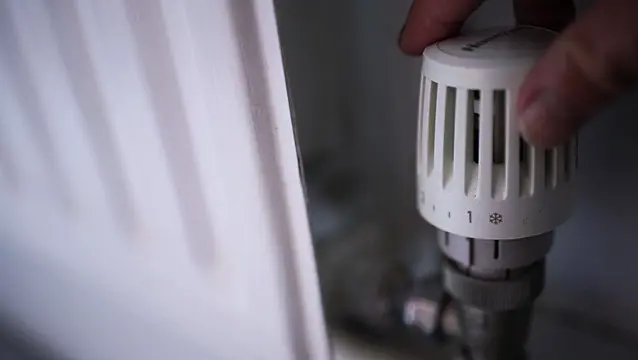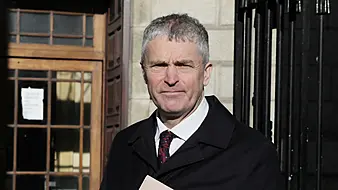More than a third of parents said they had to cut back on, or have gone without, heating over the past six months due to pressures caused by inflation, a report has said.
The research is based on a survey of a sample of 315 parents, as well as 30 one-to-one interviews with parents supported by children’s charity Barnardos.
Some 73 per cent of parents surveyed said the cost-of-living crisis has negatively affected their children over the past six months, with 17 per cent responding that it had affected them “significantly”.
The survey also found that 37 per cent of parents said they had to go without or cut down on heating, 23 per cent had cut down on electricity and 20 per cent had cut back on food over the same period.
A further 28 per cent of parents said they had cut back on or gone without medical care, medicines, therapy or health assessments over the past six months due to cost-of-living increases.
The survey, carried out by Amarach Research, also found that almost two thirds of parents (57 per cent) said that they had cut back on, or gone without, social activities or entertainment for their children.
Seven in 10 (70 per cent) parents said they sometimes or always worried about not being able to provide their children with daily essentials such as food, heat or electricity; 11% said they never worry.
Chief executive of Barnardos Suzanne Connolly said it was “unacceptable” that children are going without the minimal necessities and are being “pulled into deprivation” as a result of the cost-of-living crisis.
“All children across Ireland are entitled to a standard of living that supports their emotional, social and physical development,” she said.
“Although some measures introduced over the past year have helped, it is clear from parents interviewed that they don’t feel the measures have gone far enough.”
In response, Barnardo’s has called for the Hot School Meals Programme to include secondary schools, and for a pilot to be held to offer school meals during holiday periods.
The Hot School Meals Programme began in 2019 as a small pilot servicing 30 schools.
It now offers hot meals to more than 90,000 children in almost 500 primary schools.
The rollout of hot meals to remaining primary schools classed as DEIS or disadvantaged schools will be completed in September.
Barnardos also recommended the Government should ensure that households with children who are on a low income and use pre-paid meters, are automatically placed on energy providers’ lowest tariffs.

Ahead of the winter period, it called for a one-off, targeted lump sum to be offered to families who are most at risk of being forced to go without heating.
Barnardos also called on the Taoiseach’s newly established child poverty unit to introduce measures to guarantee that children living in low-income families can engage in after-school sports and cultural activities.
“This might take the form of a grant or subsidised rates for families to use with local holiday camps and extra-curricular activities and free public transport for children during holiday periods,” it said.







